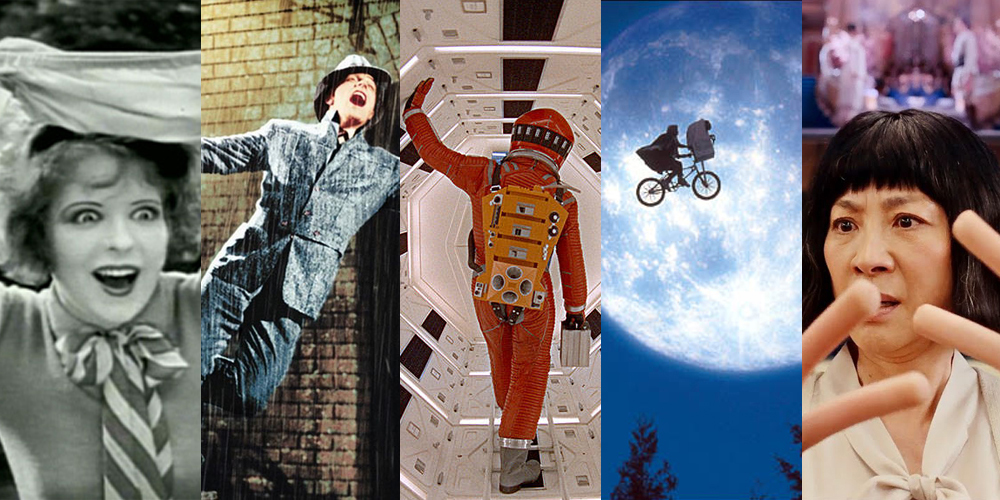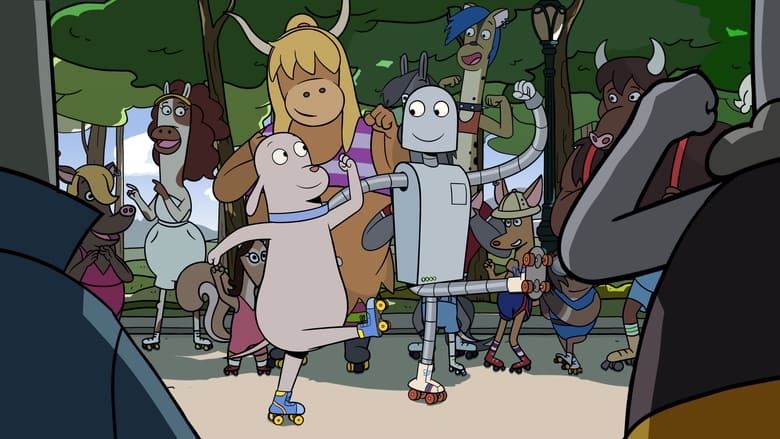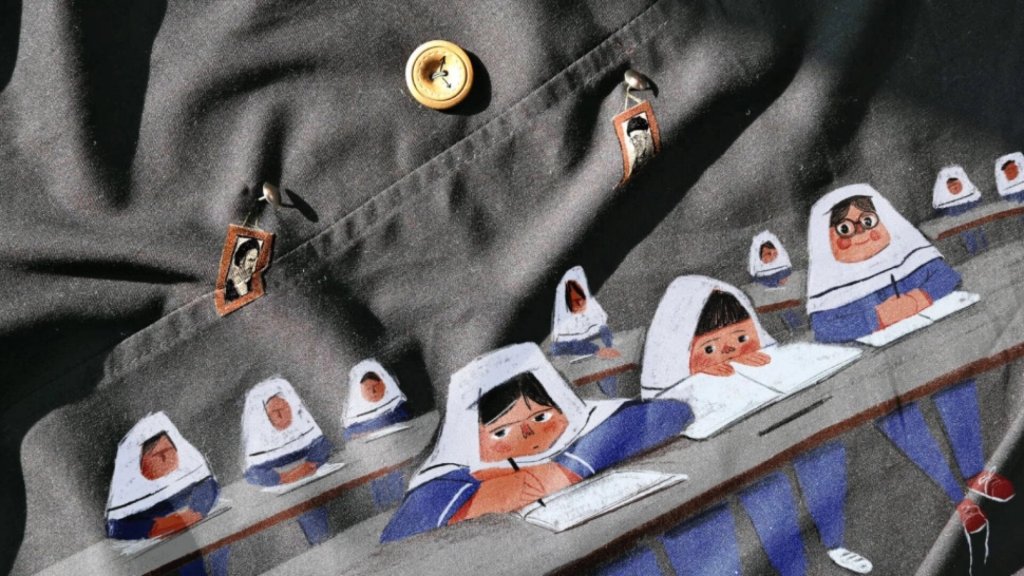With WWII four years in the past, 1949’s Battleground was the sort of war movie that looked back on the Battle of the Bulge in a realistic manner. Rather than a constant stream of heroics in battle, we see the men drudge through the woods, bewildered by the elements, mind games and question who is friend and foe.
We first meet our men at a base in France. Private Jim Layton (Marshall Thompson) has just arrived with his friend Private William Hooper (Scotty Beckett). Layton complains about how he thinks the army specifically goes out of their way to make life miserable by picking the worst place to set up base and making sure to always separate you from your friends. He and Hooper have just been assigned to different platoons, but at least the men have a three day leave starting tomorrow where they will live it up in Paris.
Before Layton can even get comfortable among his new comrades, orders come in telling the men they have orders to move to the front tonight. So much for Paris. The men are packed up in the back of trucks and driven through France, not even sure of where they are. They spend a night in a small town, where Holley (Van Johnson) starts flirting with a young woman there. Being told they will still be here tomorrow, he puts off making a move on her, but they pack up the next morning, leaving Holley regretting his patience.
From the village they finally arrive in the woods of the battle. It is foggy and they are told to be careful of spies and snipers, so the men rip off their shoulder patches. A higher rank just makes you a better target. From here on, the battle plays out in random bombardments and a few firefights.
The Germans have a psychological tactics up their sleeves. They flood all the radio traffic and even play a song dedicated to the men of the 101st entitled “I Surrender Dear”. Twice they drop flyers from planes with messages to make the men doubt themselves and lose faith. As Christmas is upon them, one of the flyers mentions how hard it must be for these men to be away from home right now.
To counteract this psychological bombardment, the Chaplain (Leon Ames) holds a humble Christmas service for the men, using the hood of a jeep as an alter. It is a sweet moment, making sure to cover all creeds; the Chaplain even asks a young Jewish soldier how his Hanukkah service was a while ago. With bombing continuing and getting closer, the Chaplain has to end the service with each man praying in his own way since no one can hear him. This is a small scene, but so important to restoring the men’s faith and moral after so many days in the brutally cold elements and uncertain warfare.
While this film still maintains the patriotic pride of WWII it is surprisingly realistic for the time period. Many war films of the forties only show only clean and shiny war heroism and patriotism in hope of recruitment. In those films, even if you die you’re still remembered as a hero. Here, we get a few darker glimpses, where a man is killed and his platoon doesn’t even remember his name or the camera shies away from letting us see a boy kill a German with his bare hands. We even get a small moment of cowardice, but it’s soon corrected and turns into an ambush opportunity. 1949 was not ready for war films to be brutally realistic yet, but Battleground was taking a big first step.
“The organist is hitting those bass notes a little too loud for me to be heard. So let each of us pray in his own way, to his own God.”









Leave a comment